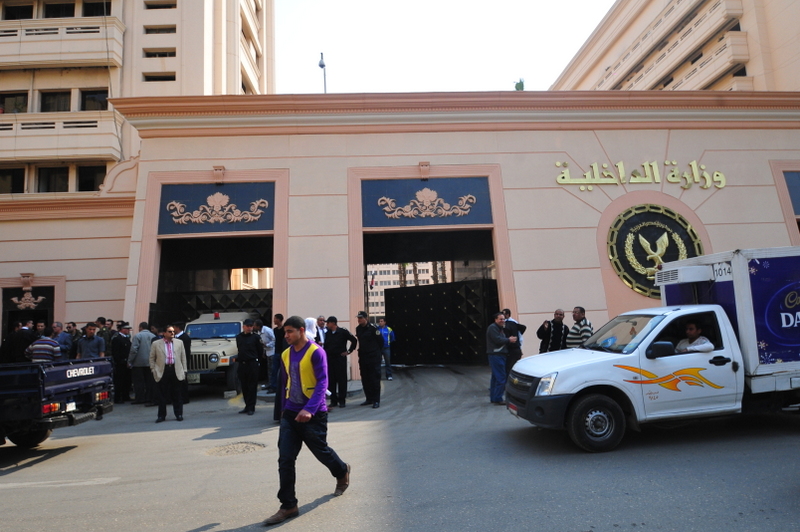President Obama admits a new climate-change treaty is unlikely to emerge from the next two weeks of top-level negotiations in Copenhagen. French President Nicolas Sarkozy and British Prime Minister Gordon Brown want to hide the embarrassment by spawning a monster: a new UN agency to co-ordinate advocacy and policy on climate change. Brown calls the absence of such a body “absolutely scandalous.
In the interests of a sensible response to climate change let’s hope it doesn’t happen. The UN has been down this road before when it created an agency to deal with another apparently global crisis: AIDS.
The UN in 1996 merged all its disparate AIDS advocacy, policy-making, funding and scientific activities into one, UNAIDS.
AIDS activists suddenly had a lavishly-funded UN agency to support their political agenda, so governments would spend the billions they demanded.
UNAIDS was also responsible for interpreting scientific data about the pandemic. Year after year, its supposedly scientific updates predicted devastating heterosexual pandemics all over the world, with alarmingly high existing HIV/AIDS infections.
UNAIDS’s advocacy worked. In 2000 the Clinton administration declared the disease a national security threat and global funding ballooned from $1bn in 2000 to $13.7bn in 2008. New multilateral funding bodies emerged, AIDS NGOs proliferated and universities dedicated whole departments to the disease. Thanks mainly to the single-issue advocacy of UNAIDS, a new industry was born.
By the early 2000s, though, it was becoming increasingly apparent to outside experts that UNAIDS was distorting the science. UNAIDS was accused of ignoring peer-reviewed studies that showed the pandemic peaked in the mid-1990s. Its estimates of the numbers of infections globally seemed implausibly high. Until last year it claimed that without a significant increase in resources, Asia was at high risk of a generalised heterosexual AIDS pandemic – even though reputable epidemiologists knew such a thing was scientifically impossible.
UNAIDS’s scientific reputation has crumbled. Since 2001, it has been forced to drastically slash its estimates of the numbers of people infected for dozens of countries -in the cases of Kenya and Ethiopia by over half. This year, finally, UNAIDS admitted for the first time that the pandemic peaked in the mid 1990s and there is no prospect of generalised heterosexual pandemics outside southern Africa.
The UN-sponsored exaggeration of the AIDS threat has done real damage. AIDS now grabs a disproportionate amount of public money, consuming 23 cents of every aid dollar spent on global health, despite causing less than 6% of deaths in developing countries. President Obama has pledged 70% for AIDS of all US global health spending in 2010: $8.6 billion, totalling $63 billion over six years. Meanwhile, diseases that kill far more, such as diarrhoea, lack funding – even though they cost only a few cents to treat.
UNAIDS generated constant scary headlines to keep AIDS at the top of the political agenda. It is therefore a massive conflict of interest that UNAIDS remains in charge of the science as well as being the official campaigner-in-chief.
There are hints that similar conflicts of interest are already corrupting climate science. Leaked emails from the influential Climatic Research Unit in Britain appear to show scientists manipulating data to prove that climate change will be catastrophic.
As with UNAIDS, such scientific manipulation was in the interest of the CRU scientists, whose research grants rose six-fold over the last two decades to $19m. This pales into insignificance beside the enormous sums given by governments to Green-energy and climate-change lobbies – whose very existence depends on climate change being the most serious threat facing humanity.
The creation of a new UN agency for climate change would make the science ever more prone to political capture. Since the science is being cited as justification for a total reordering of the way we live our lives, it has to be transparent and apolitical. If the experience of UNAIDS is anything to go by, putting it in the hands of the UN would achieve precisely the opposite.
Philip Stevens is a Senior Fellow at International Policy Network, a development think-tank based in London.
